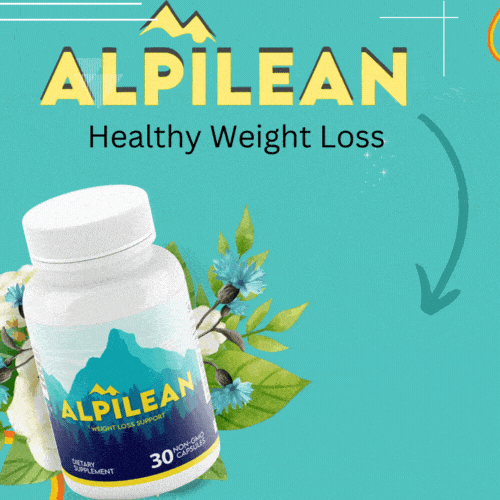When considering dairy products, heavy creams because of their way to countless recipes stand out as a versatile ingredient. From savory sauces to rich desserts, heavy creams not only add a smooth texture but also satisfy the taste of various dishes. Despite their excess usage, have you ever wondered about the nutritional profile and healthy benefits of heavy creams? If not then read on to delve into the nutritional profile of heavy cream and explore its health benefits.
Heavy Cream Nutrition Facts and Health Benefits
Heavy cream commonly known as whipped cream is a high-fat layer of cow’s milk that contributes to its rich texture, making it popular among chefs and home cooks alike. The nutritional profile and health benefits of heavy cream are explained below:
Nutrition Facts of Heavy Cream
Heavy cream variety of nutritional components that have exceptional health benefits, such as:
Fat Content: It contains high-fat content, approximately it has around 36 to 40% fat, making it an excellent source of energy.
Calories: It covers a moderate number of calories such as a single tablespoon containing about 52 calories which might not seem like much.
Vitamins: They contain fat-soluble vitamins like vitamin A, essential for vision, maintaining healthy skin, and improving immune function.
Carbohydrates: It has a relatively low carbohydrate content, making it a good choice for people on low-carb or ketogenic diets.
Minerals: They contain a significant amount of calcium, necessary for bone and teeth strengthening.
Health Benefits of Heavy Cream
Though it contains high-fat content, heavy cream still offers potential health benefits, such as:
Source Of Energy: It provides a concentrated source of energy, particularly to those who intend to increase their calorie intake, either after recovering from illness or undergoing any medical treatments.
Healthy Fats: Recent research suggests that the type of saturated fats in heavy cream, may not have any negative impact on heart health. However, it is always recommended to intake a moderate amount of it to stay healthy.
Flavor Enhancement: Adding moderate amounts of heavy cream to your food will enhance the sense of fullness and satisfaction. The creamy texture and rich taste can boost the deliciousness of dishes, and prevent overeating.
Nutrient Absorption: Heavy cream absorbs fat-soluble vitamins such as vitamins A, D, E, and K. The addition of a small amount of heavy cream in meals containing these vitamins can potentially enhance their bioavailability.
Culinary Versatility: Since it may thicken the texture of soups, sauces, and desserts, heavy cream plays a role in cooking that extends beyond its nutritional profile and enables the making of delectable foods.
Consideration And Moderation of Heavy Cream
While heavy cream offers multiple health benefits, it is crucial to consume it in moderation and consider its drawbacks as well:
- When consumed in excess it increases the risk of heart disease and high cholesterol levels. People with such problems should be cautious about the intake of heavy cream.
- If not balanced with a well-rounded diet or physical activity, excessive consumption of heavy cream can cause weight gain.
- People who are lactose intolerant should be aware of their tolerance levels since heavy cream may include traces of lactose.
- To reduce calories and saturated fats, try various substitutes like Greek yogurt or coconut milk
- You should adjust the amount of heavy cream while preparing dishes at home and have better control over the ingredients you use.
Conclusion
Heavy cream is a culinary delight that adds flavor and texture to a variety of dishes. The nutritional profile of heavy cream offers numerous health benefits – From essential minerals and vitamins to enhanced and satisfied flavor, heavy cream has a significant role in a balanced diet. Remember that moderation is key, therefore, knowing your particular dietary needs and tastes, helps you to make decisions that are best for your overall health.













